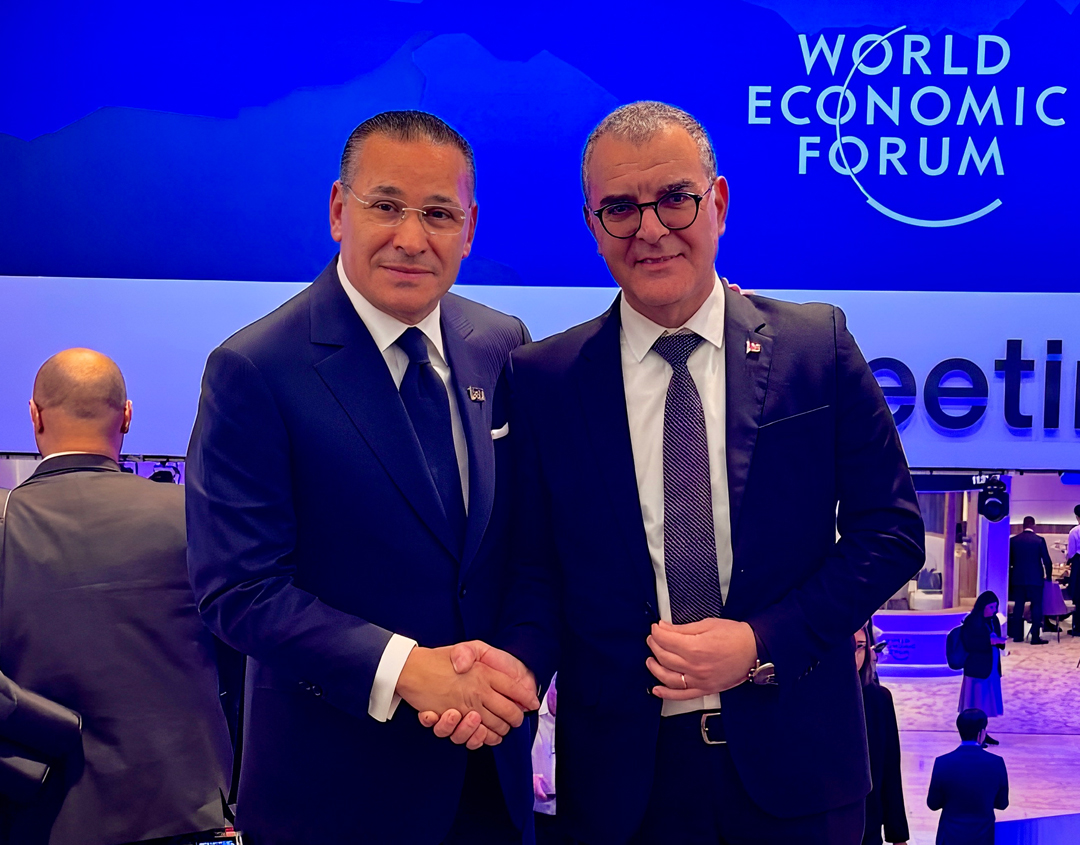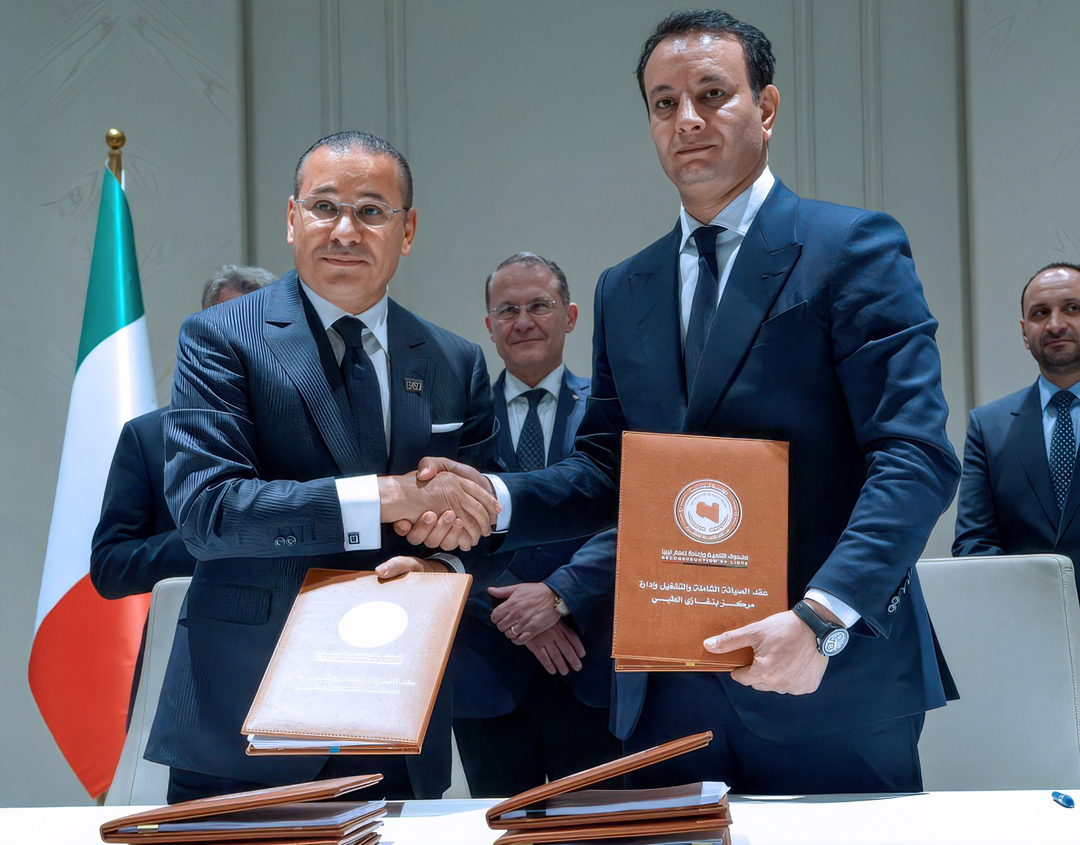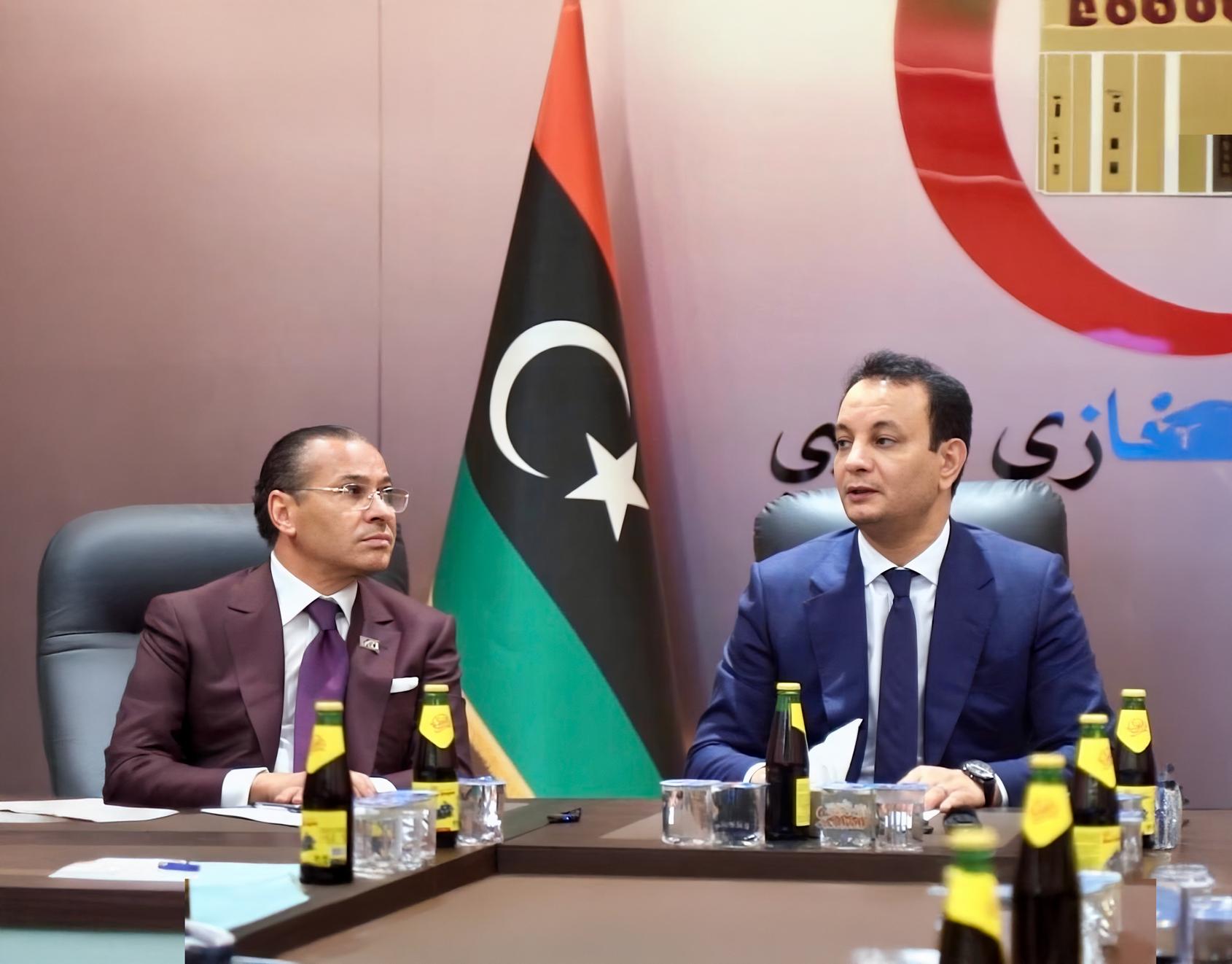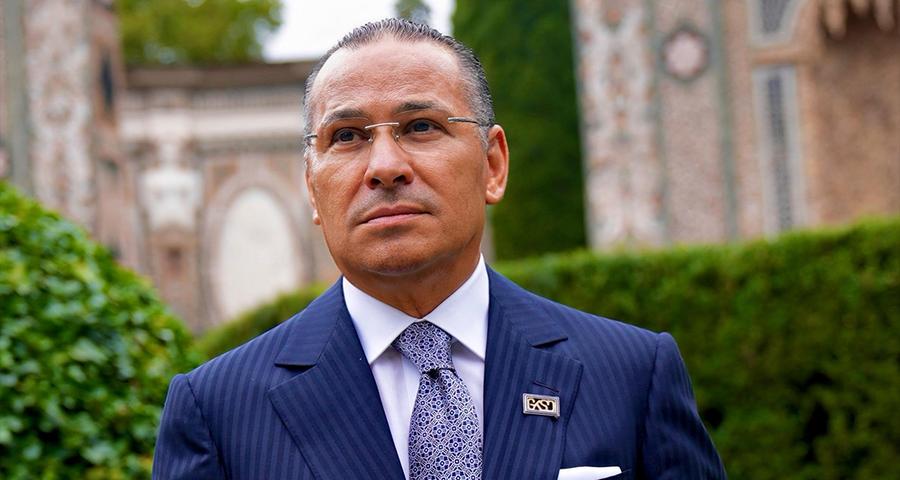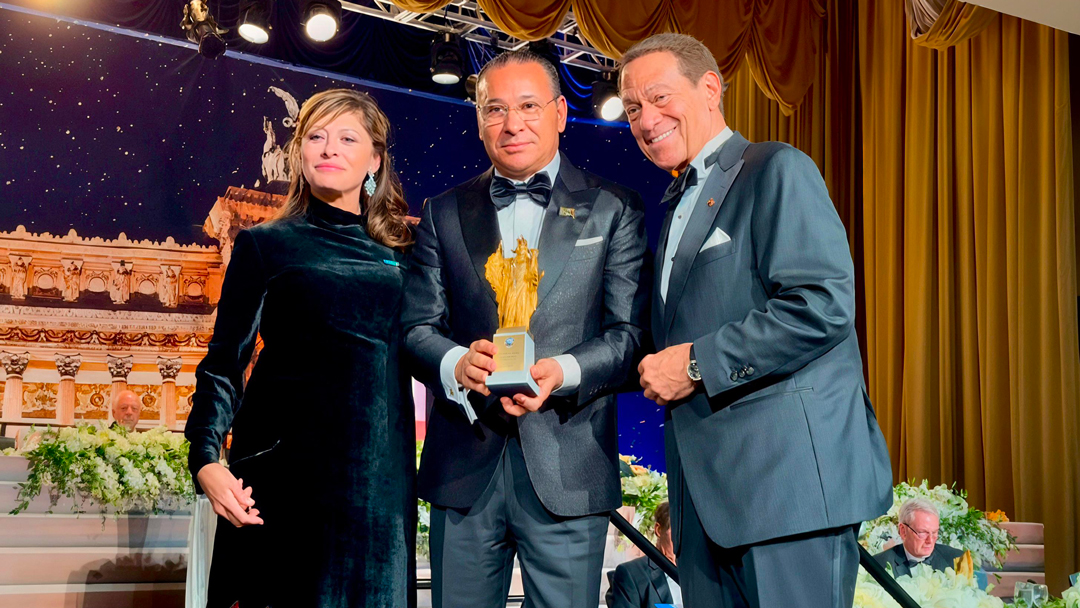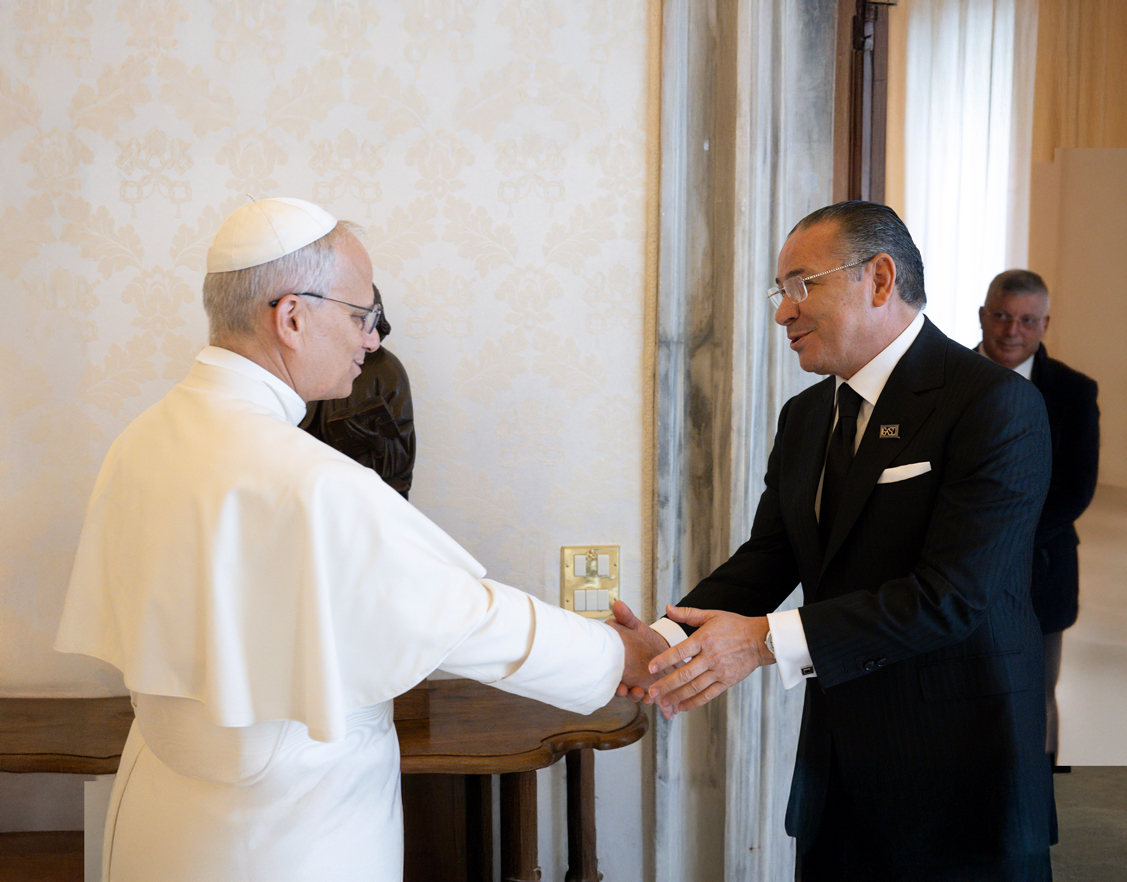The top 100 U.S. Business Leaders - Feat. Kamel Ghribi, Chairman, GKSD Holding
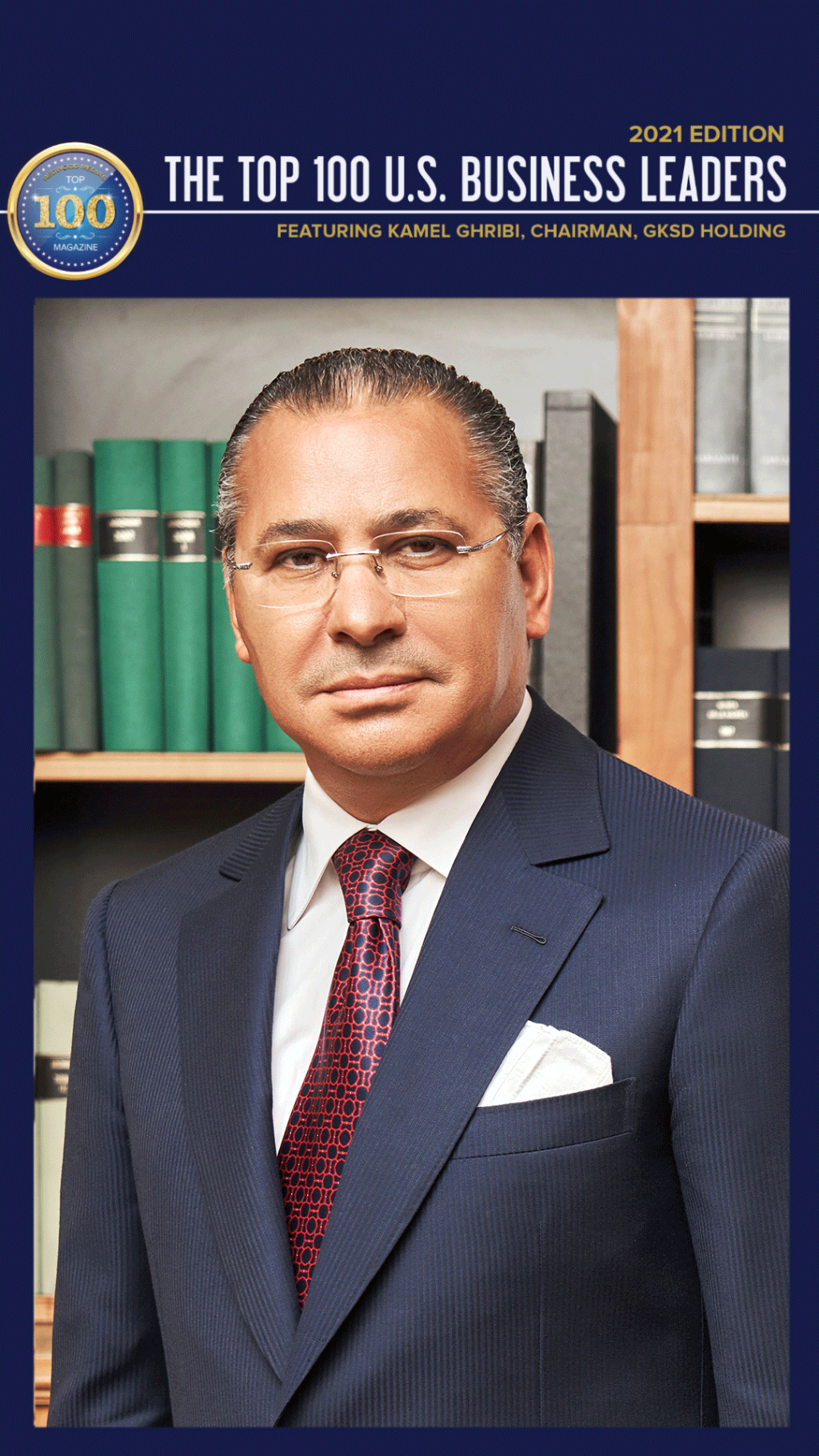
As the leader of four thriving organizations, Kamel Ghribi has built his career around the belief that the business industry can make a difference in the world by investing in sectors that provide support and services to entire nations. He has diligently worked to bring benefits to the areas in which his business activities are based with a particular interest in the MENA region and Africa. Today, he is chairman of Swiss-based GK Investment Holding Group, president of GKSD Holding Italy, president of GSD Healthcare Middle East, and vice president of GSD—one of the largest health care providers in Europe. Kamel is also the founder and president of The European Council for Africa and the Middle East (ECAM.) Over the course of his career, he has been actively involved in the promotion of diversity, peace, and dialogue as well as the right for all to gain access to universal health care and education. Kamel’s other areas of interest cover health care investments, R&D, and sustainable development. He recently met with us to share more about his international background, career journey, and firm belief that anyone can make a difference and achieve success.
As a young man, what inspired you to leave your home in Tunisia?
When I left home to study abroad, my mission was to help communities benefit from my experience. Going to a new country can be daunting, but I managed to become the VP of the largest Italian private hospital group – Gruppo San Donato (GSD), as well as the chairman of GSD Healthcare Middle East and Africa and chairman of GKSD Holding. With 54 countries, Africa can be especially challenging as far as marketing and encouraging investment goes, however, I’ve been successful in gaining support in both the private and public sectors which of course results in providing benefits and services to people throughout the world.
How did you manage to overcome the many challenges you faced?
I have my nation of birth to thank for a large part of my drive to succeed. Being a North African in the 1980s didn’t carry the same advantages as being Saudi, Emirati, Swiss, or English. We had to fight harder to achieve international success and recognition, and we faced many more barriers than our European or American counterparts. I also believe that I had to be best at what I set out to do, which resonates with many successful female entrepreneurs, politicians, diplomats, company directors, and others.
To what do you attribute your success?
Once you remove talent and drive from the equation, luck plays a huge part in anyone’s success. I was fortunate enough to meet the right people at the right time, and they provided me with opportunities to prove my worth. My motivation most certainly came from the high price I had to pay for my success—leaving my homeland and the safety, support, and love of my family to face a hostile world that takes no prisoners. This awareness has always grounded me and resulted in a deep recognition that you must not let those who have faith in you down, but most of all, you cannot let yourself down.
What projects have you been working on since the onset of COVID?
My main project since COVID-19 started has been to promote strategies that will provide universal health care in the regions where it is most needed, especially the Middle East and Africa. In conversations with African and European leaders, I constantly stress the need to open an honest dialogue about healthcare, for example create more jobs and avenues for new professions. Earlier this year, I also pushed for a pediatric cardiac machine—the first ever in Africa—which allowed for better health care, hope and optimism about the provision of care.
You have committed a significant portion of your life to philanthropy. What charitable projects do you currently have underway?
I’m dedicating more and more of my time to finding opportunities for others, who, like myself, are eager to succeed in business. I especially seek to support the MENA region and Africa as I feel now is the right time in my life to give back to the places that gave me so much—not only as a philanthropist but also as a successful businessman who has much to share in terms of experience and professional networks. I also want to give back to Tunisia, the land of my birth, to make up for all the time I’ve spent away. Tunisia has suffered much through the years, and the COVID-19 pandemic has only served to cause further suffering. Instability in Libya has also caused tremendous hardship to Tunisia, and my dream is to see the entire MENA region enjoy stability and economic prosperity during my lifetime. I believe that if there is a serious political and social will, then no barrier is insurmountable. My most recent contributions were donations and personal protection equipment (PPE) for Algeria and Tunisia.
What advice do you have for those just entering the business world?
I encourage them to follow their dreams and to help make the dreams of others come true as well. I believe that once you see what people need, you can invest in places that are important, such as the health care and agriculture sectors. This allows you to see from other perspectives and to create services to fill in the gaps. For example, I’m in both the energy and health care sectors, and my holdings are also involved in infrastructure and construction. The services I provide are packaged in a unique way. For instance, if a country needs hospitals or infrastructure to support it, then our holdings provide a package that includes infrastructure, professional support, compliance, and capital through a special investment vehicle to attract investments into that sector. Essentially, wherever you come from and whatever position you hold, you can make a difference.
